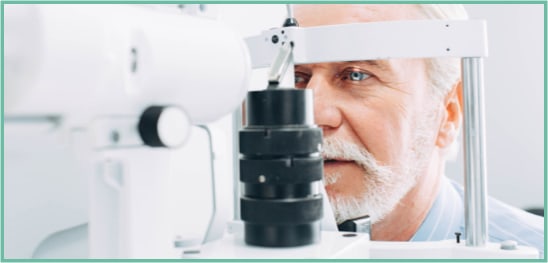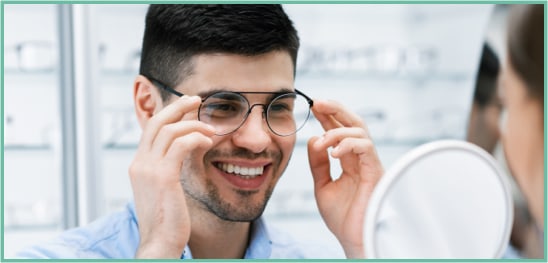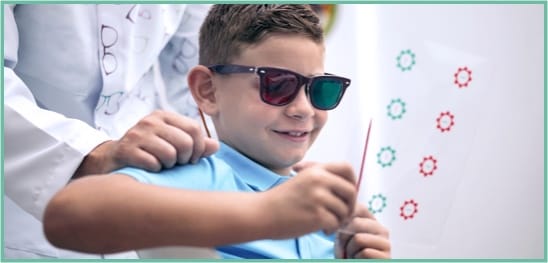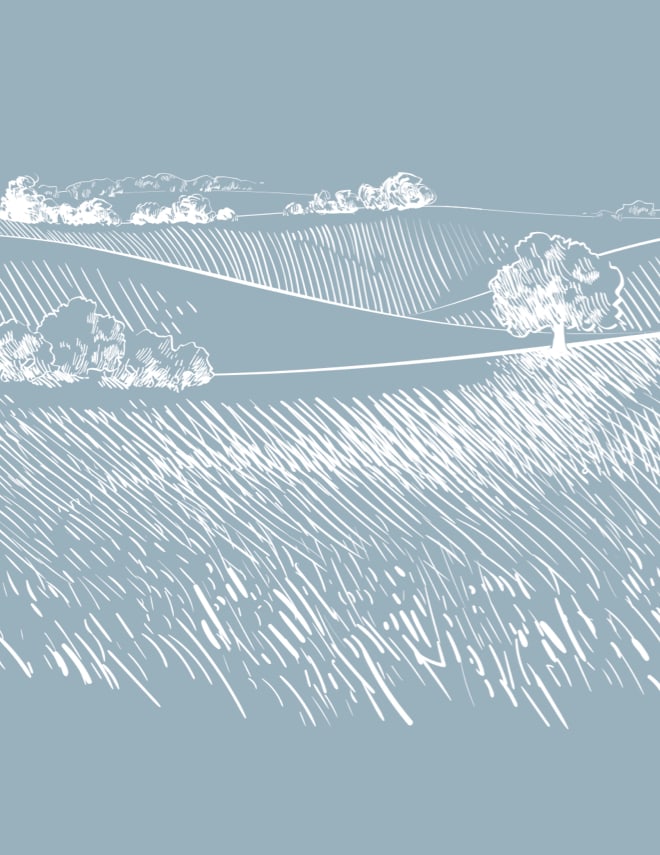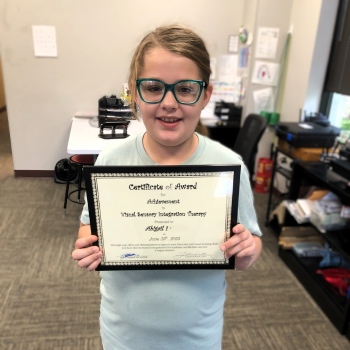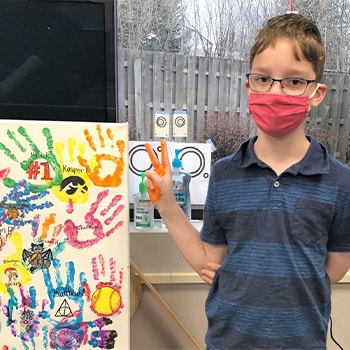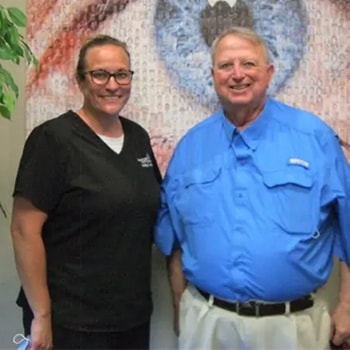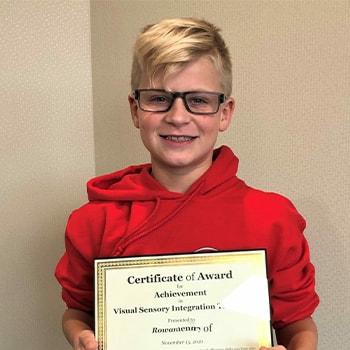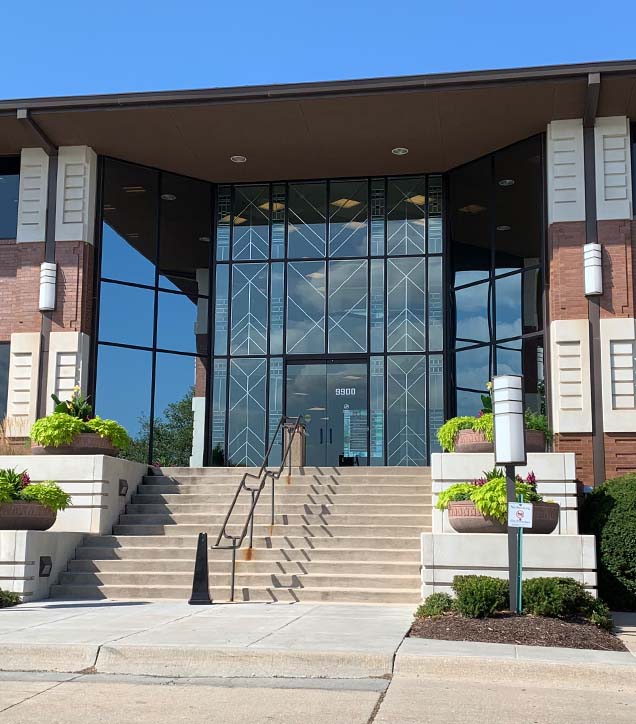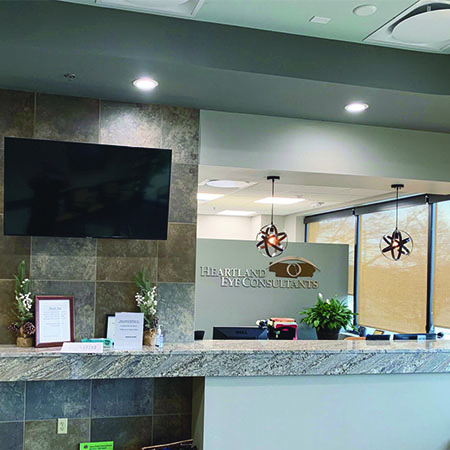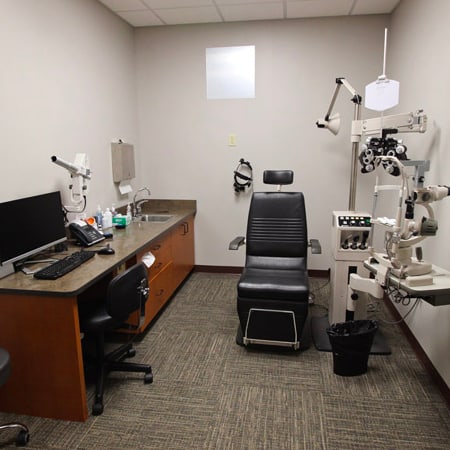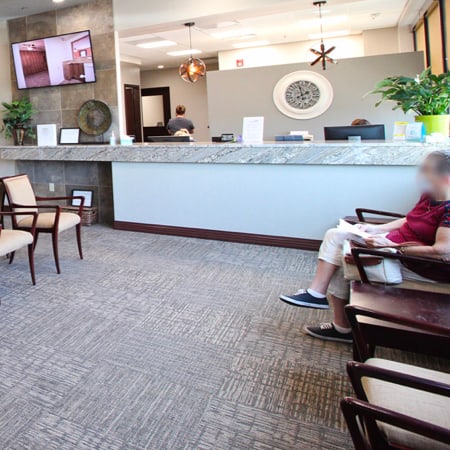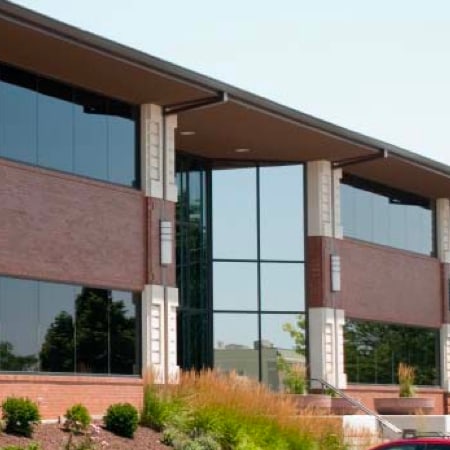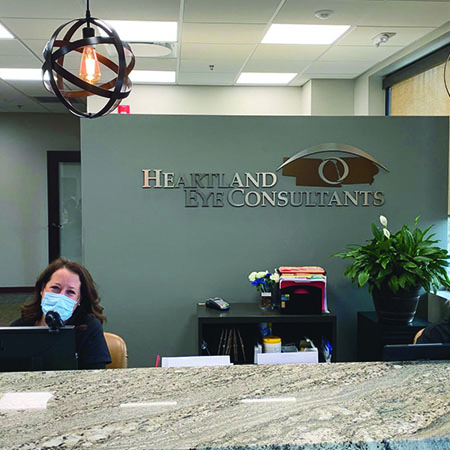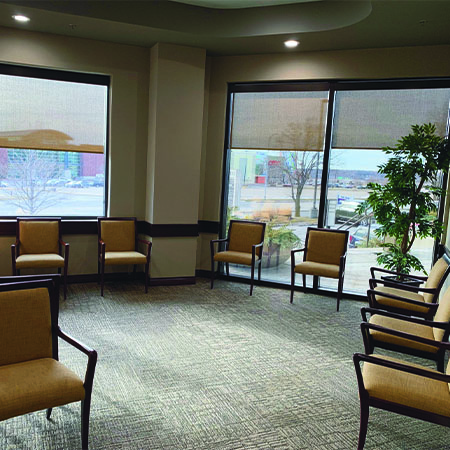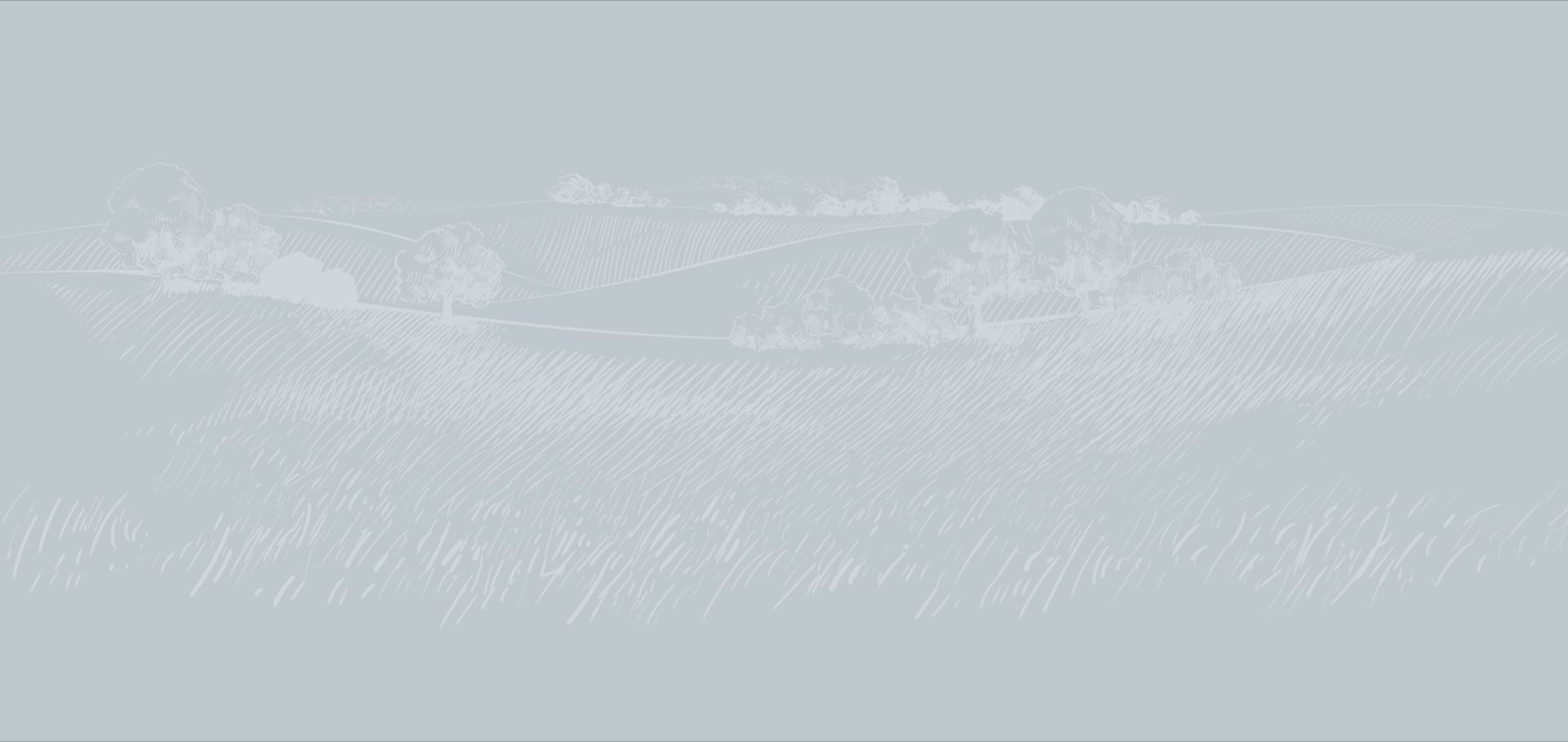People are becoming continually more aware of concussions and the long term impact they can have on a person’s life. Approximately 70% of people who suffer a concussion will experience a vision problem as determined in the study “Vision Diagnoses Are Common After Concussion in Adolescents”. Common problems include:
- Binocular Vision Problem (difficulty using the 2 eyes together)
- Accommodation Problem (difficulty making things clear quickly and efficiently)
- Oculomotor Problem (difficulty tracking or keeping place while reading)
Many people wonder- “I hit my head, not my eyes, how could I have a vision problem?” Vision is the only sensory system that is processed in every part of the brain. It’s also important to realize, the eyes are simply an extension of the brain. Just like if you get hit in the nose, your nose may be injured and hurt, but you will likely still be able to smell. However, if you injure your brain you can lose your sense of smell. Just like the nose simply detects the information, the eyes simply detect the information and you see with your brain.
Another reason vision problems are common after a brain injury is that our 2 eyes are the only parts of the body with separate neural pathways to control movements that must work perfectly together. Arms and legs move and are controlled separately, however, they do not have to coordinate perfectly. If the eyes do not coordinate perfectly people suffer vision problems. With poor coordination of the eyes a person will experience double vision or the brain will try to turn one of the eyes off.
Because these vision problems are so common after a concussion or other type of head injury, it is important to know the symptoms you or someone you know may experience:
- Blurry or fluctuating vision
- Headaches with or worsened by reading
- Light sensitivity
- Double vision
- Eye strain or tired eyes
- Words move or run together on a page
- Losing place while reading
- Bothered by visually busy environments (grocery store, mall, etc.)
- Bothered by patterns (like carpets or patterned fabrics)
- Reduced or poor concentration
- Difficulty comprehending or remembering reading material
- Dizziness
- Dry eyes
- Spatial Disorientation
- Poor depth perception
- Difficulty walking straight
- Reduced balance
If the symptoms do not resolve within 3-6 weeks after the injury it is important to seek an evaluation and possibly treatment from an optometrist that specializes in these problems. Dr. Bolin here at Heartland Eye Consultants specializes in such problems. After completing her doctorate at the Southern College of Optometry she completed a one year residency focused specifically on how the visual system is affected by concussions and brain injuries.
Treatment often involves Neuro-Visual Rehabilitation, also known as Optometric Vision Therapy. The same study mentioned before also looked at the success of patients who completed therapy:
- 85% of patients with Binocular Vision Problems successfully resolved their deficiencies & symptoms with therapy and 15% improved
- 33% of patients with Accommodative Problems successfully resolved their deficiencies & symptoms with therapy and 67% improved
Vision is often overlooked when a person is evaluated after a concussion, as we have seen with our patients and many other doctors have seen, a vision problem can significantly decrease a person’s quality of life. Don’t let your vision or the vision of someone you love take a hit and inhibit future potential success.
Master, Christina L., et al. “Vision Diagnoses Are Common After Concussion in Adolescents.” Clinical Pediatrics, vol. 55, no. 3, 2015, pp. 260–267., doi:10.1177/0009922815594367 http://www.drgallaway.com/wp-content/uploads/2015/12/Vision-and-Concussion-Master-at-al-21015.pdf
Additional resources about vision and brain injuries:
http://www.braininjuries.org/
http://www.covd.org/?page=braininjury
https://noravisionrehab.com/
http://www.thevisiontherapycenter.com/vision-problems-after-concussions-concussion-symptoms-eyes



